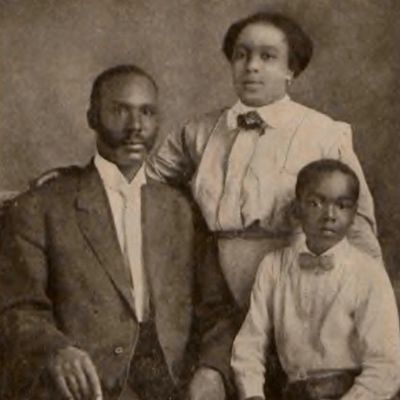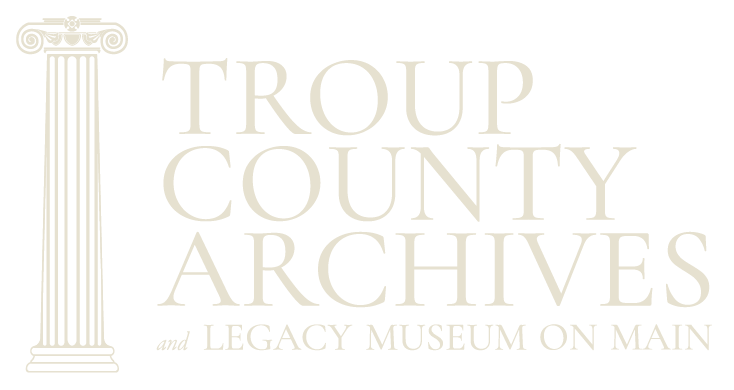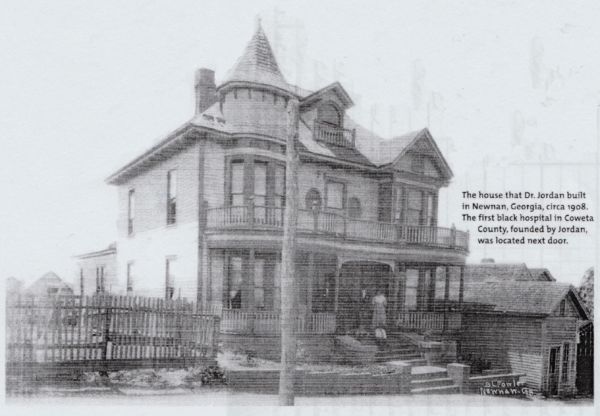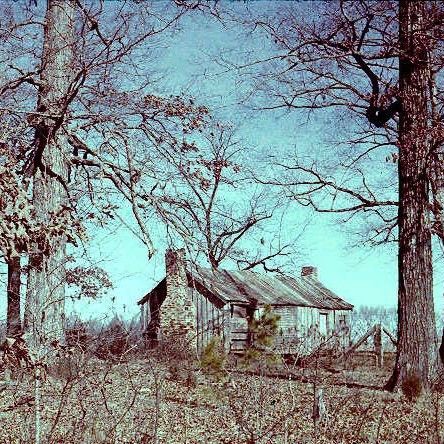Dr. John Henry Jordan

The images show Dr. Jordan Henry Jordan, his wife, Mollie, and their son, Edward.
In celebration of Black History Month, we are examining the contributions of African-Americans in Troup County.
Dr. John Henry Jordan was born March 11, 1870 just outside of Hogansville to Berry and Isabella Jordan, who had both been born into slavery. Following the Civil War, the Jordans supported themselves as sharecroppers. John’s early education was received from LaGrange Academy, one of the earliest African-American schools established in the county and organized by Warren Temple Methodist Church. He decided he wanted to go into the medical field and found a mentor in Dr. Edward Ramsey, the county’s first African-American physician.
Jordan studied at Clark College in Atlanta (now
Clark-Atlanta University). Next, he enrolled in Meharry Medical College in Nashville, one of only two medical schools in the country for African-Americans. Graduating in 1896, Dr. Jordan returned to Hogansville where he set up practice. By 1900, he moved to Newnan where he married the daughter of his mentor and set up a successful practice there. After constructing a fine home, he started Coweta County’s first black hospital in a building next door to his home.
Sadly, on 14 September 1912, while filling up his car’s gas tank at a filling station, someone nearby lit a match, igniting the gasoline’s fumes. Dr. Jordan succumbed to his burns early the next morning. While he died at an early age, his legacy endures through the work of his son, Harold, who studied medicine at Meharry and went on to teach and chair a department at the school. One of Harold’s daughters, Karen, recently set up a marvelous website detailing her grandfather’s work and carrying on his legacy.
Lewis O. Powell, IV





